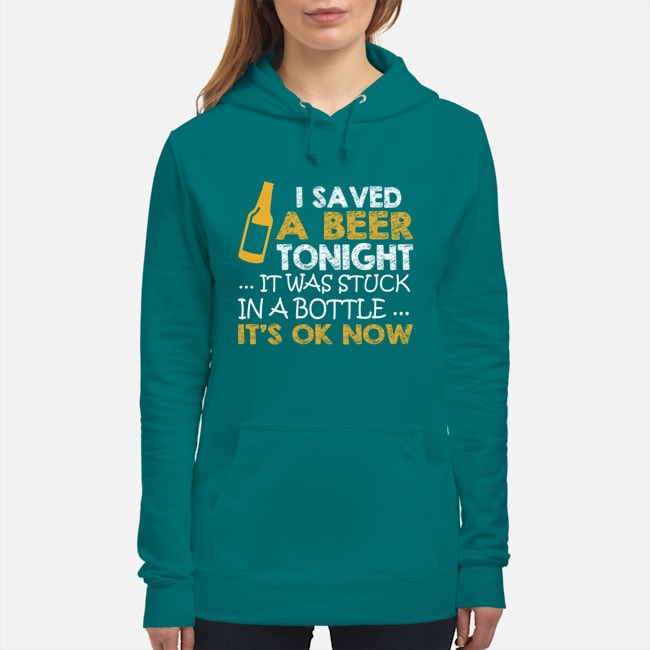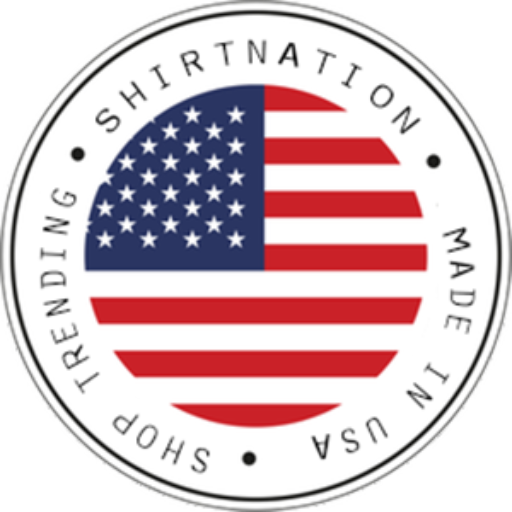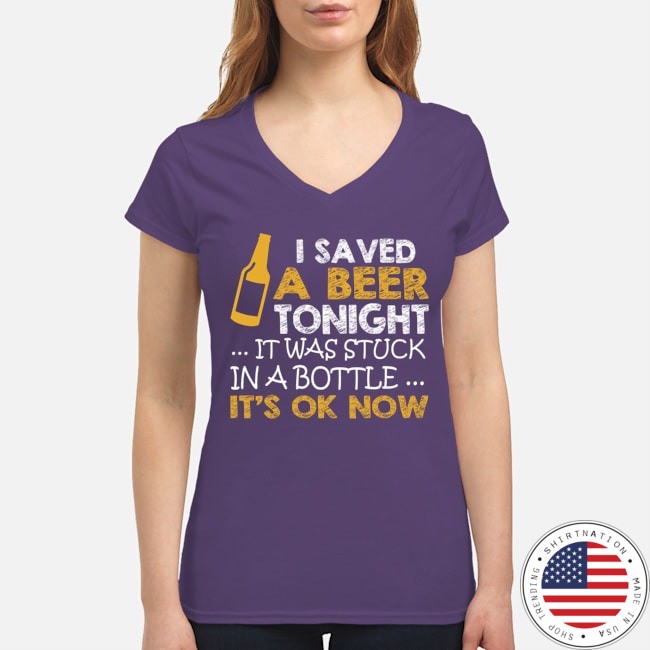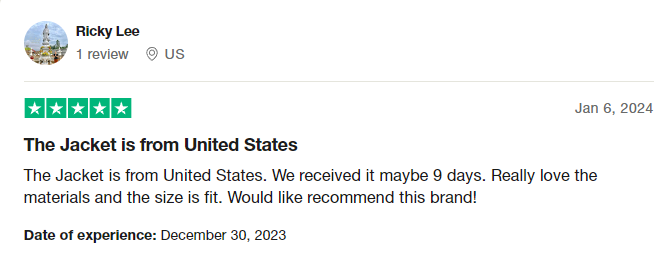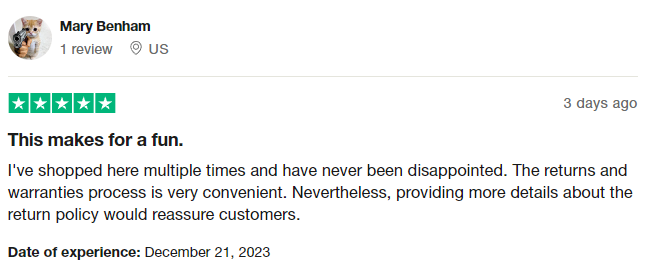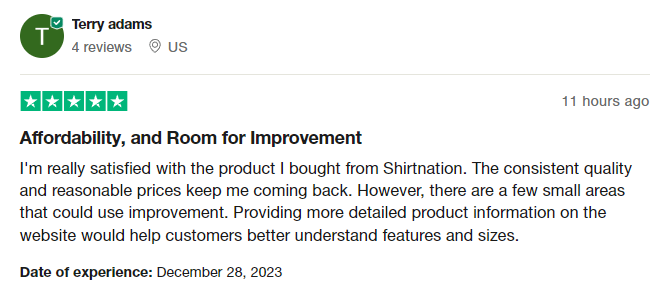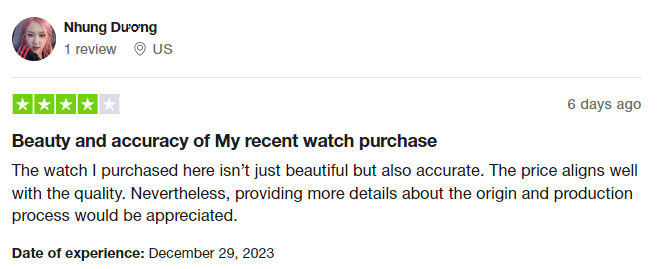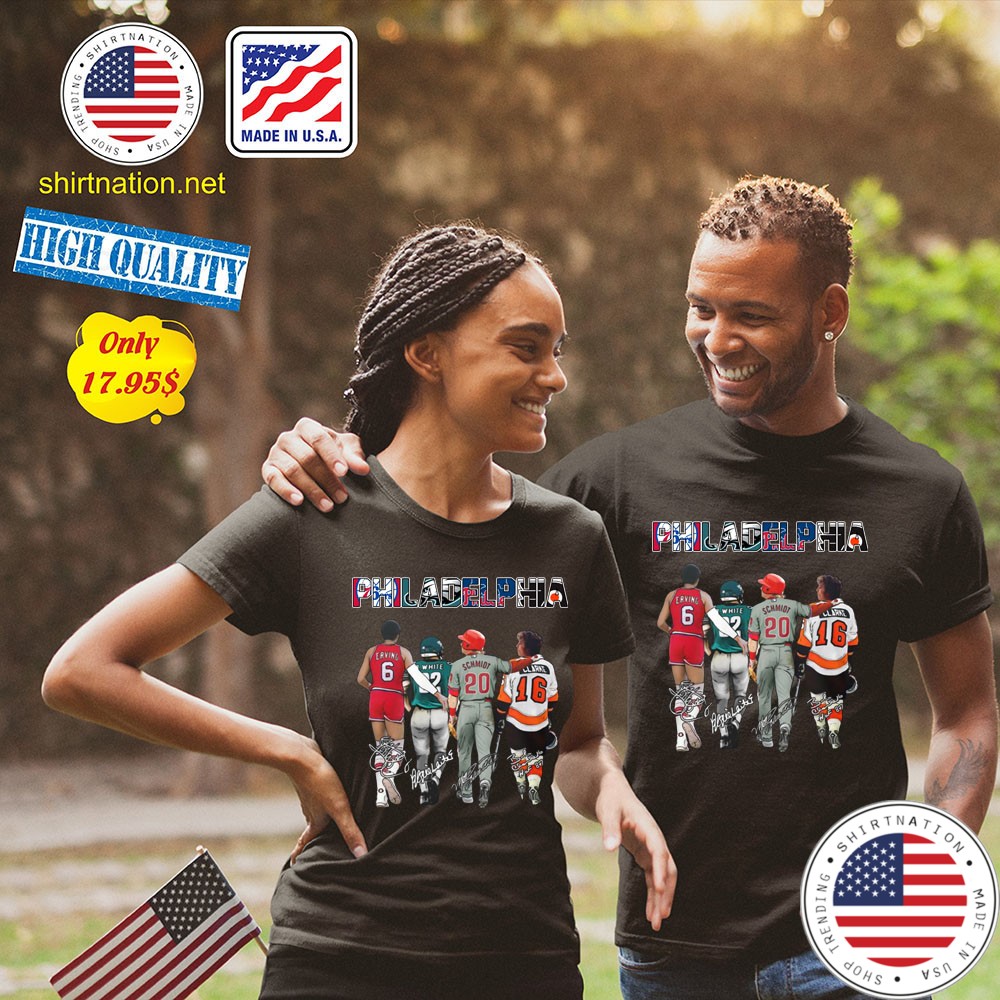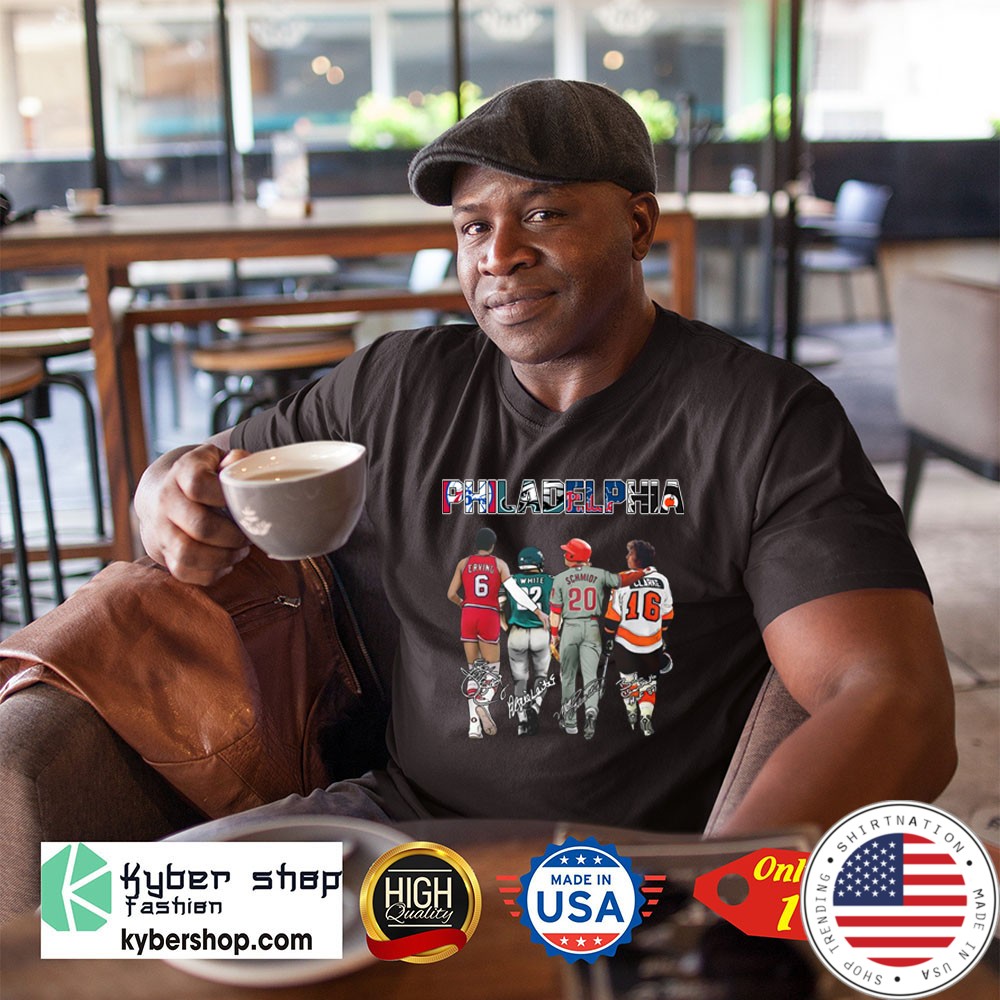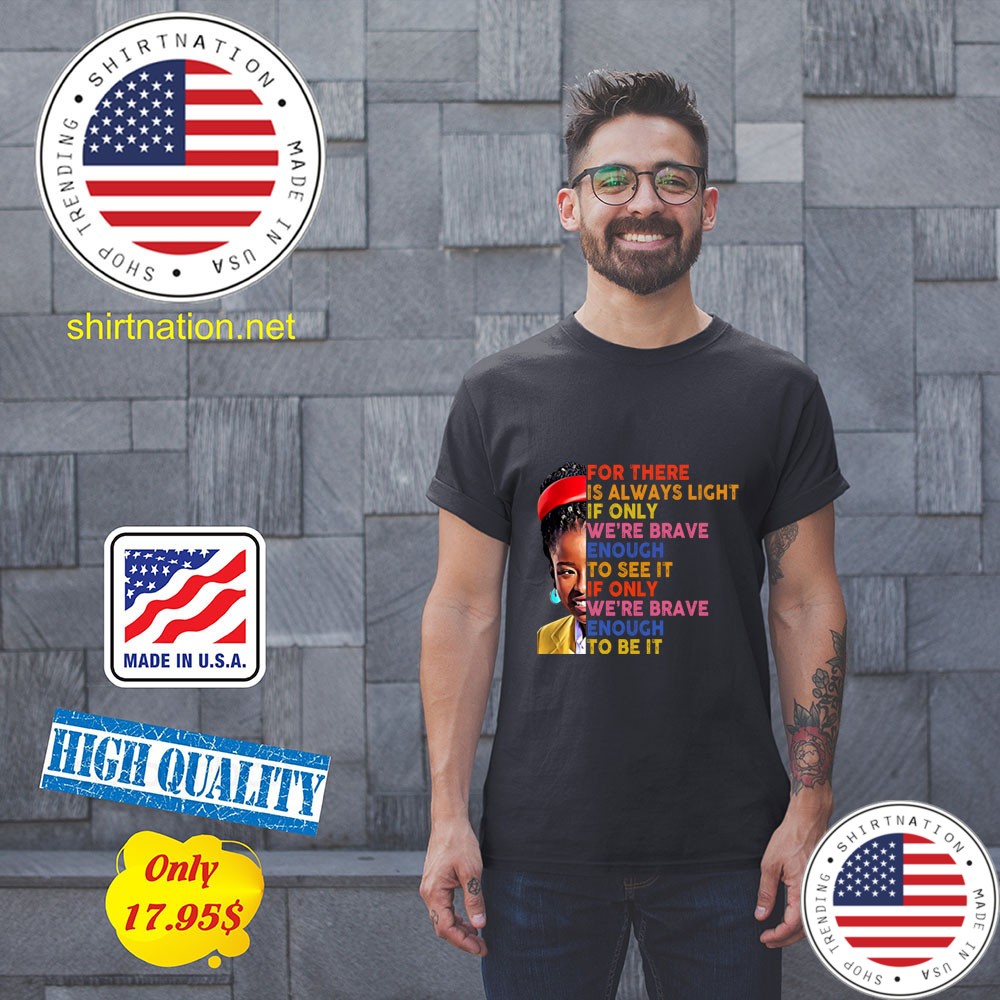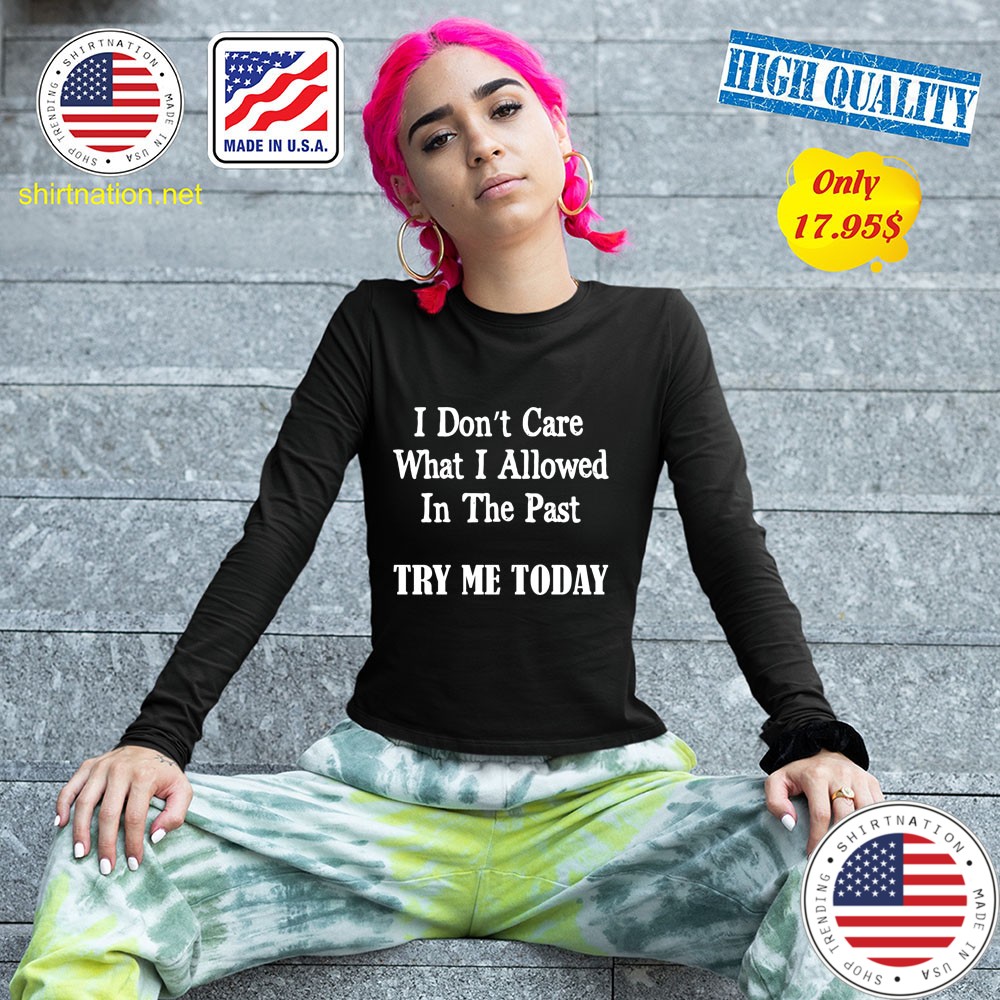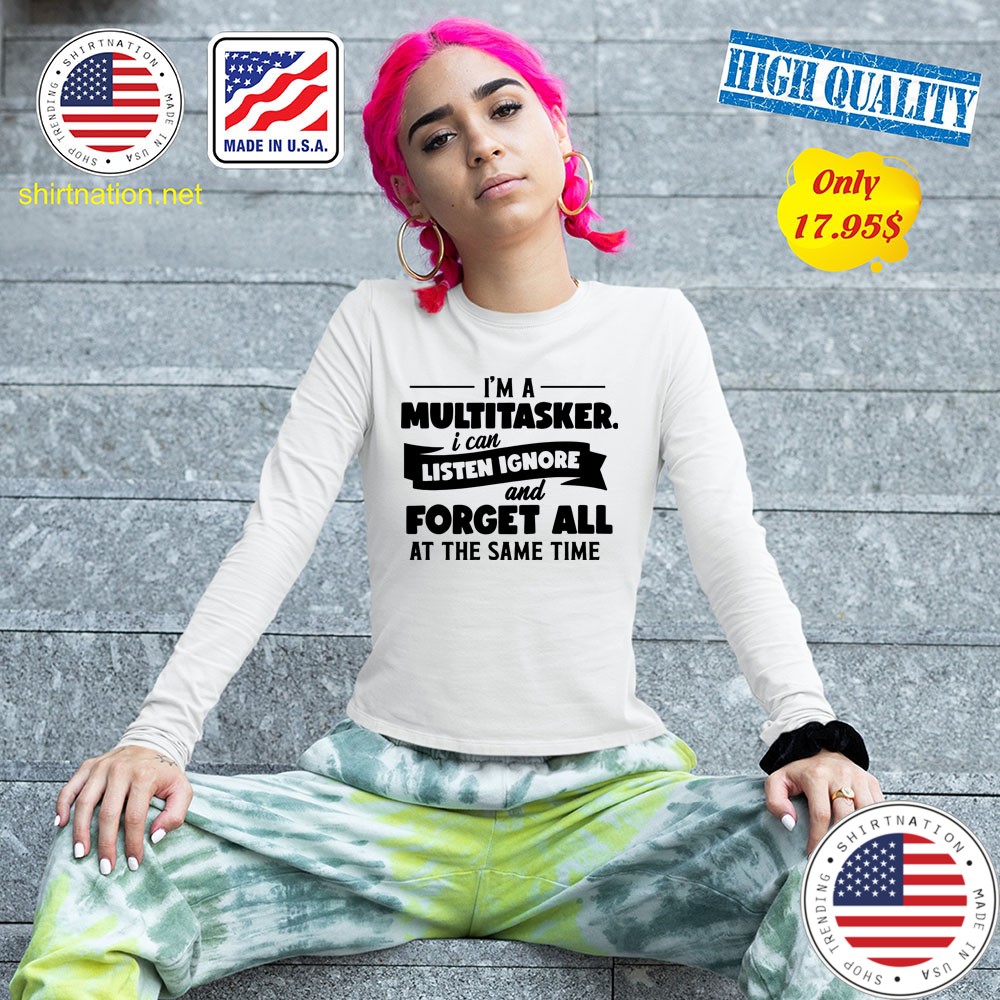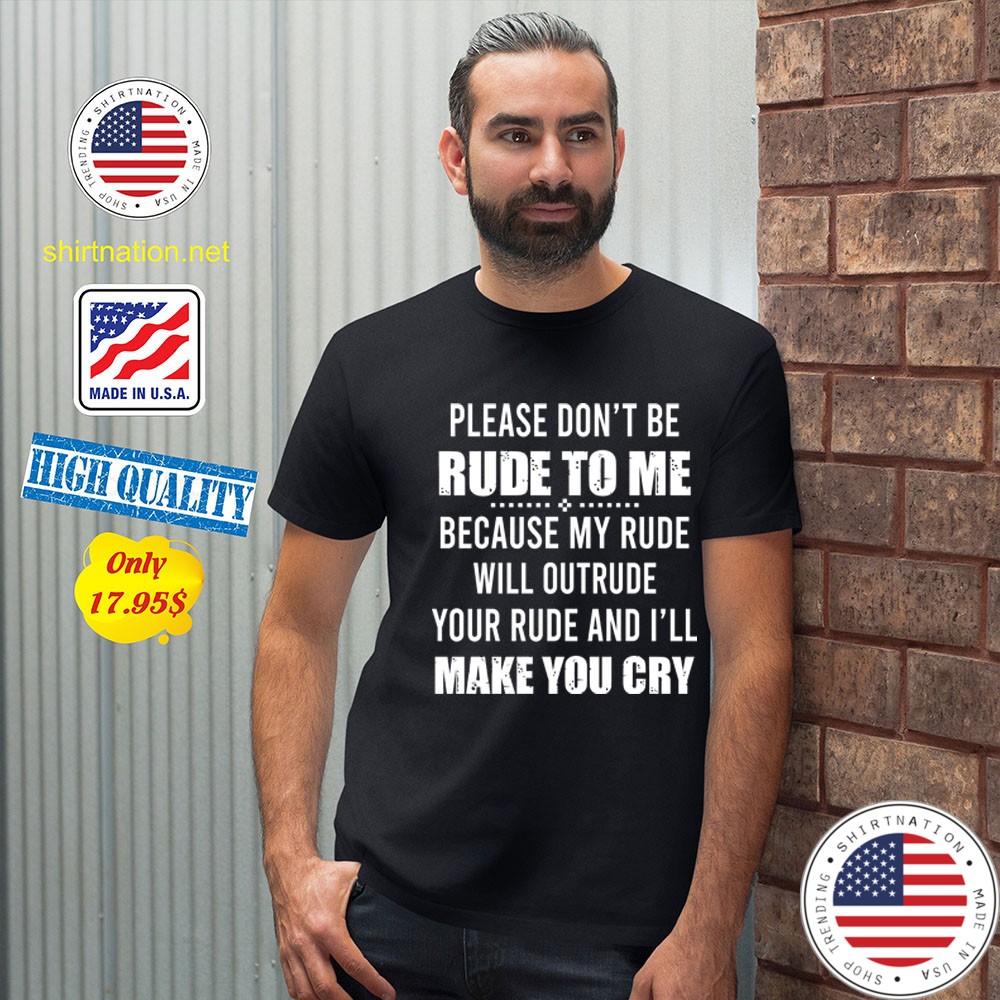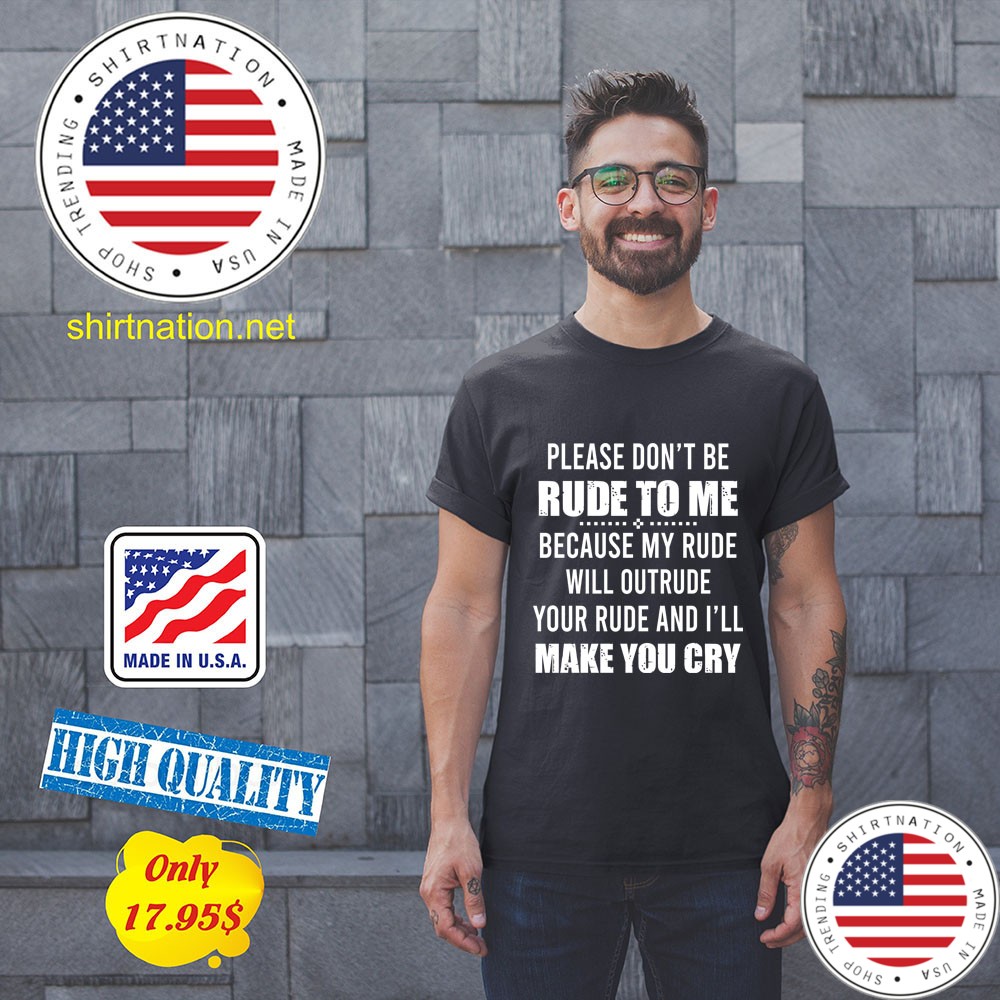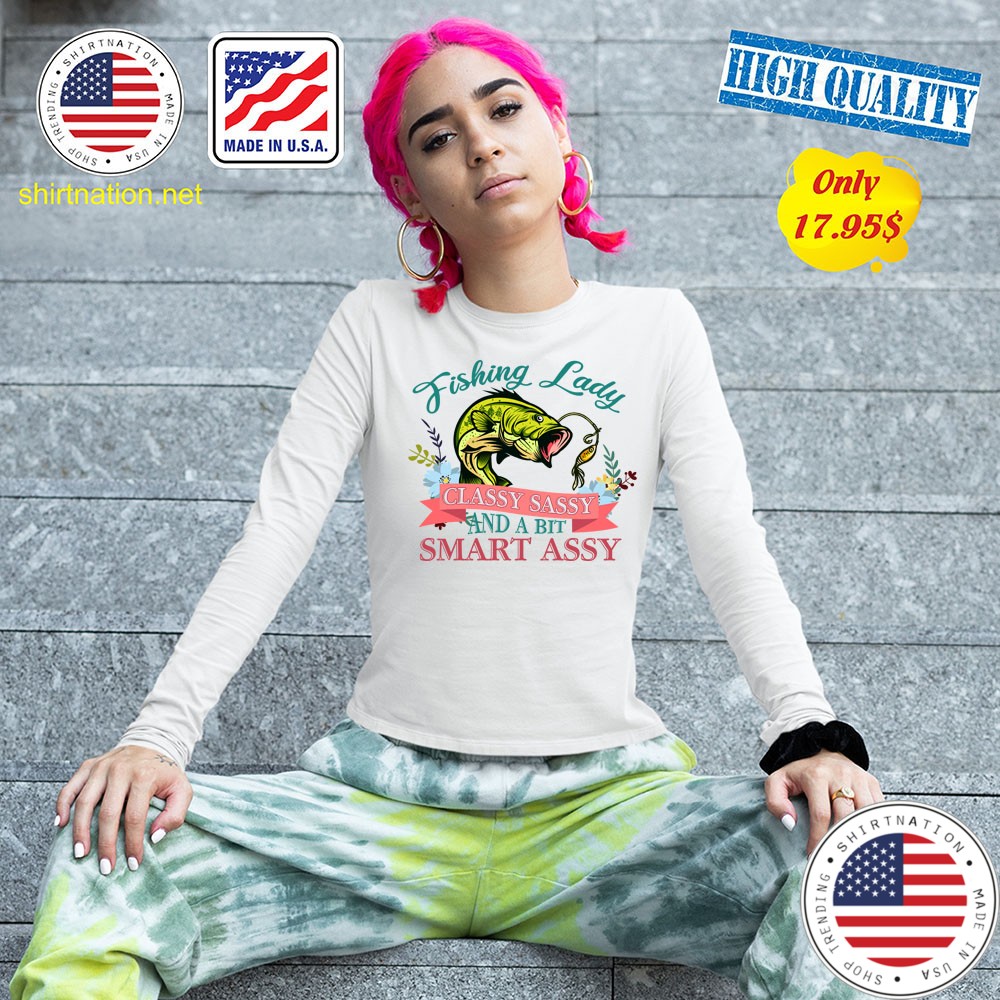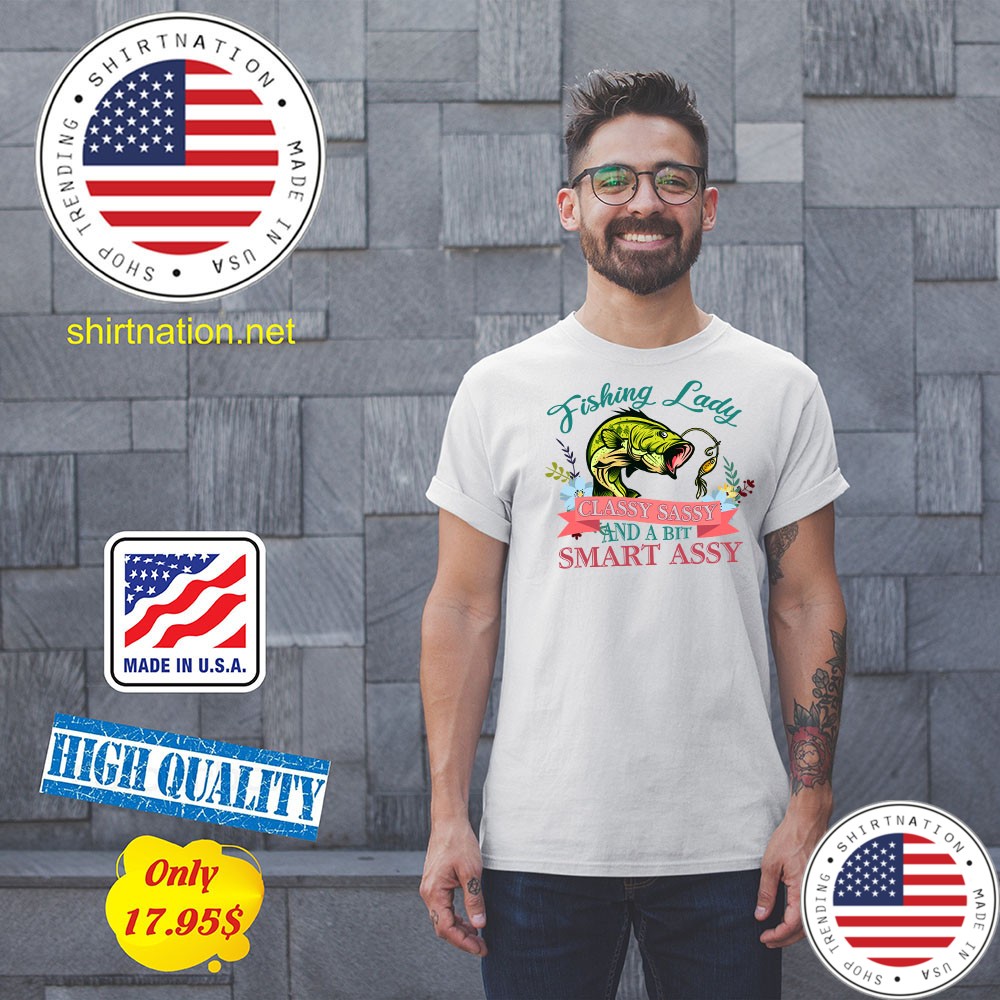I saved a beer tonight it was stuck in a bottle its ok now Shirt
Increasing demand for lager beer and the influx of millions of immigrants drove American beer production to new highs in the late 1800s and early 1900s. But then along came a period of great trouble-Prohibition. From 1920 to 1933, it was illegal to consume alcoholic beverages in the U.S.A. Small regional breweries and brewpubs lost a major source of revenue, and went out of business. Some breweries survived by making malt extracts (sugar), ice cream, and soda. After Prohibition was repealed (1933), the U.S. was in a major depression, making it harder for breweries to rebound from the 13 years of madness. Brand loyalty had been eroded, and people’s pockets were picked clean. Beers that became popular from these situations were the ones that expanded during Prohibition and could thus mass-produce cheap beer (Budweiser, Schlitz). As their sales grew, so did their ability to make their beer cheaper.This trend continued until the late 1970’s and early 1980’s. Before Prohibition, there were over 2000 small breweries in the U.S.; by 1983, there were only a few hundred. In fact, the Tied House Law (a law that makes it illegal for breweries to sell their beverages on premise) was in effect until the late 1970’s. Since then, various legal exceptions have been passed. Now, almost all 50 states have permitted the regulated establishment of brewpubs. Today, there are over 2,000 brewpubs in the U.S. ,35 in New York State, and 2 in New York City.
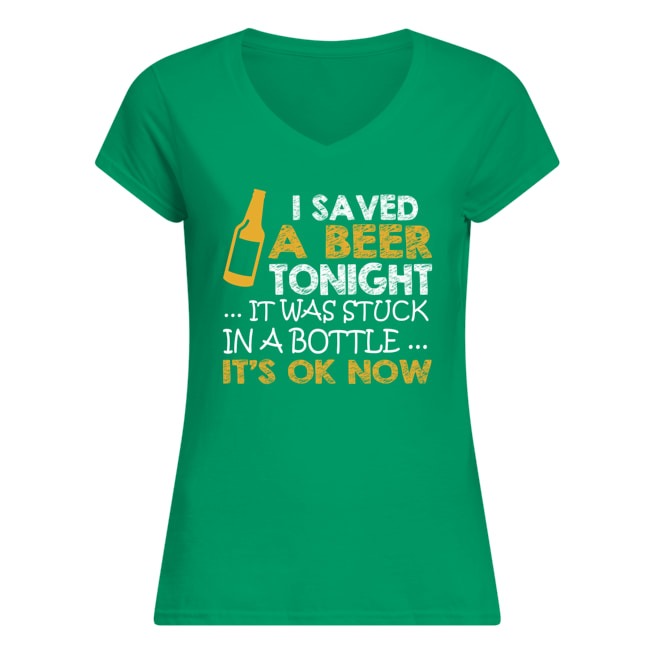

I saved a beer tonight it was stuck in a bottle its ok now Shirt
The History Of Beer, quite literally, is the history of human civilization. Some anthropologists believe that man moved away from a hunter– gatherer existence to a settled agriculture-based existence largely to grow enough grain to brew large amounts of beer. This appears to be unproven, but the thought that beer would have been a powerful motivation to Neolithic humans would be no surprise. Virtually the entire animal kingdom, from insects to elephants, from fruit bats to monkeys, shows a clear predilection for the consumption of ethanol. It is reasonable to believe that we and other animals evolved according to advantages alcoholic beverages can confer. Fruit, when ripe, gives off an alluring scent that tells animals that it is full of sugar and ready to eat. Ripe fruit can become quite alcoholic when naturally present yeasts begin to consume the sugars. Animals get the benefit of the food value of the fruit, but undoubtedly also find a value in the physiological effects of consuming alcohol. The fruiting plants, in turn, derived the benefit of the animal’s actions as a disperser of its seeds. One of the great turning points for ancient humanity was the discovery of a method by which sugar could actually be created and fermented into alcohol in the absence of honey or fruit. This technique was the start of what we now call brewing.

